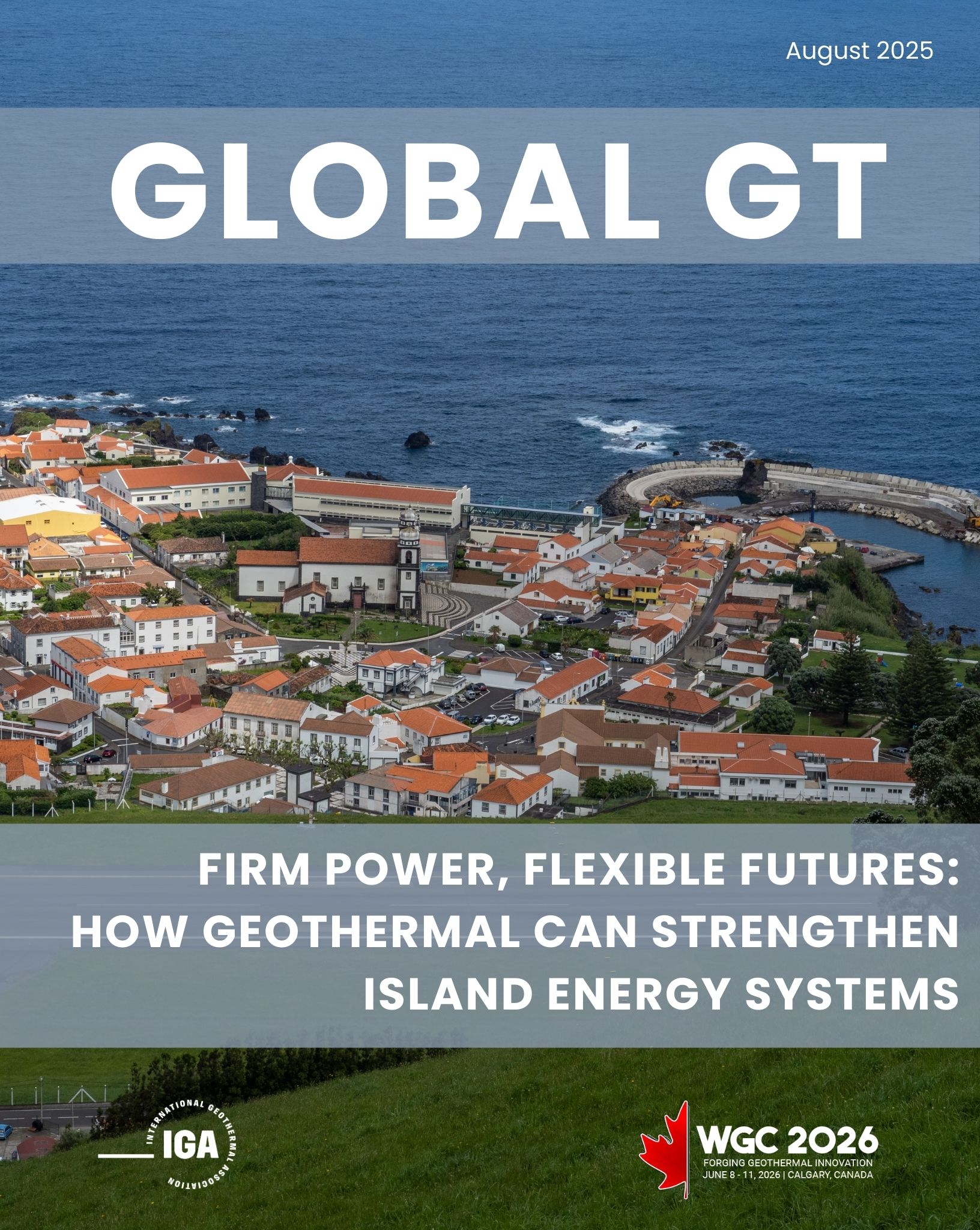Geothermal provides clean, baseload energy 24/7 — independent of weather — with a physical footprint that is up to 10× smaller per megawatt than solar or wind systems with equivalent storage. Additionally, it enables cascading use across heating, cooling, desalination, agriculture, and wellness infrastructure, all from a single source of heat.
That is why the International Geothermal Association (IGA), in partnership with the Greening the Islands Foundation (GTI), is convening a high-level stakeholder workshop on September 3rd focused on:
“Energy Security for Island Nations: The Role of Geothermal Energy.”
This invitation-only workshop will address:
- The technical and economic feasibility of geothermal for island contexts
- Deployment strategies, including modular and binary cycle plants, direct use applications, and integration with existing diesel infrastructure
- Approaches to de-risking early-stage exploration through public-private mechanisms
- The importance of policy alignment, licensing frameworks, and project bankability
- How geothermal supports not just energy goals, but broader SDG targets — including climate adaptation, food security, and well-being
Recent advances in exploration technologies, drilling techniques, and hybrid systems are making geothermal more viable than ever before, even for smaller or lower-enthalpy island systems. The cost of electricity from mature geothermal installations can fall below €80/MWh, with virtually no price volatility. Moreover, geothermal enables local value creation: construction, operation, workforce training, and reinvestment in community services.
The workshop will also showcase emerging use cases beyond power generation — including heat networks for coastal towns, geothermal greenhouses, and low-footprint wellness tourism as an alternative to high-impact cruise-based economies.
From the Azores to La Palma, from Montserrat to Flores, islands are beginning to embrace the potential beneath their feet. But unlocking this potential requires cross-sector coordination, strategic funding, and the right enabling conditions.
The IGA–GTI workshop is designed to catalyze that process — offering a space for island stakeholders to articulate their needs, and for technology and finance providers to present viable, scalable solutions.
As the global push for decarbonization accelerates, geothermal offers island nations a path to energy independence, resilience, and regeneration. Not just in theory but in practice.
By Dr Marit Brommer CEO of the International Geothermal Association (IGA)

